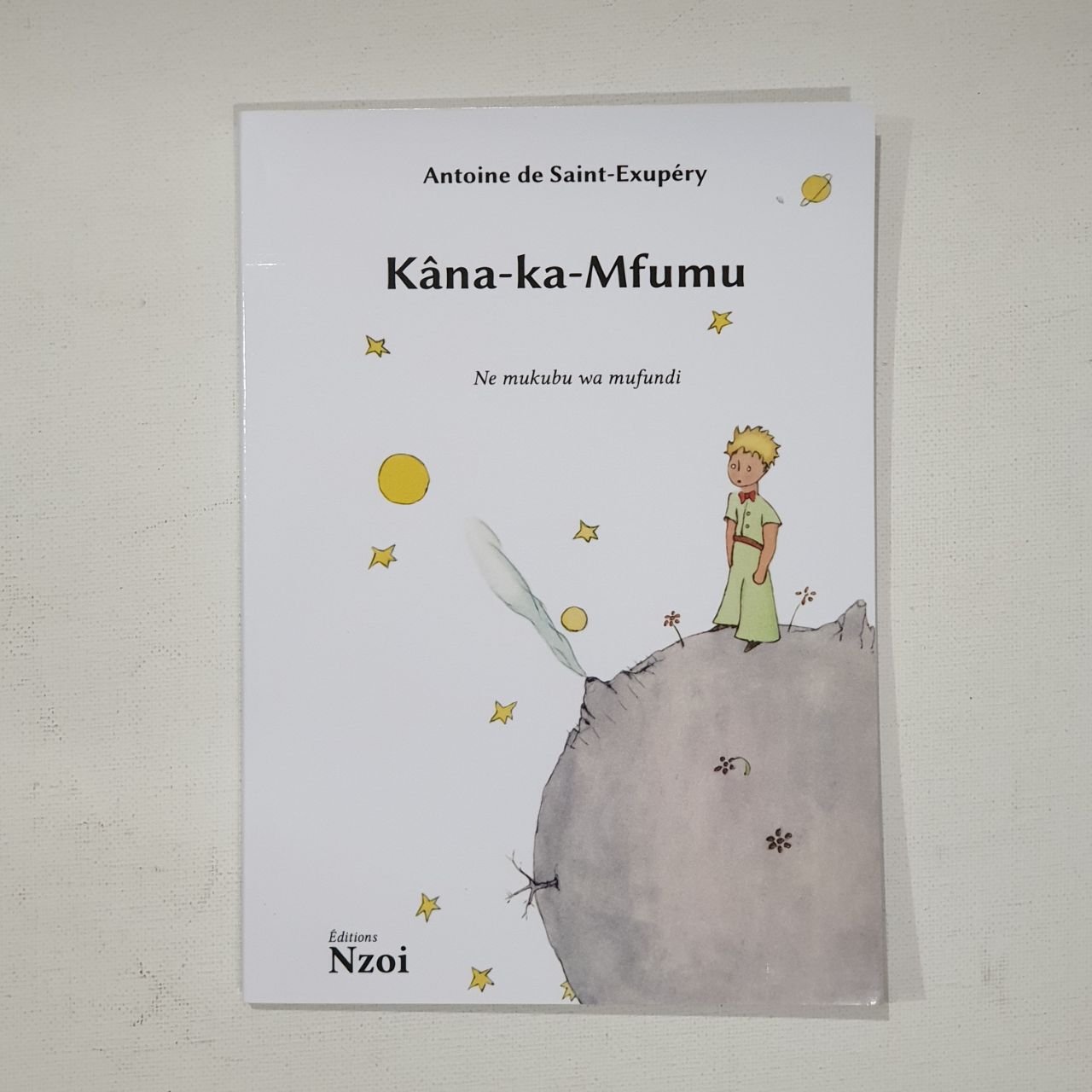
Kana-ka-Mfumu — in Ciluba, a Bantu language of Central Africa and a national language of the Democratic Republic of the Congo, alongside Lingala, Swahili, and Kikongo.
Ciluba, also known as Tshiluba, Luba-Kasai, Western Luba, Bena-Lulua, Luba-Lulua, or Luva, is a Bantu language spoken in the Democratic Republic of the Congo (DRC), particularly in the Kasai region. Ciluba is spoken by the Luba people, one of the largest ethnic groups in the country.
As part of the Bantu language family, Ciluba exhibits typical Bantu linguistic characteristics. Ciluba has a system of noun classes, a common feature of Bantu languages, where nouns are grouped into classes (or genders) that affect the grammar of the sentence, including agreement with verbs, adjectives, and pronouns. The language is agglutinative, forming words by combining a base with prefixes, suffixes, and infixes to express grammatical relations and semantic content. Tshiluba is a tonal language, where the meaning of words can change based on pitch or tone.
Ciluba is primarily spoken in the Kasai-Oriental and Kasai-Occidental provinces in the central part of the DRC. The language serves as a lingua franca in the region, facilitating communication among various ethnic groups. The Luba people, speakers of Ciluba, have a rich cultural heritage with historical kingdoms and influential leaders. The language is integral to their social identity, oral traditions, and artistic expressions, including music, dance, and storytelling. Ciluba plays a crucial role in conveying the community’s values, beliefs, and social norms.


